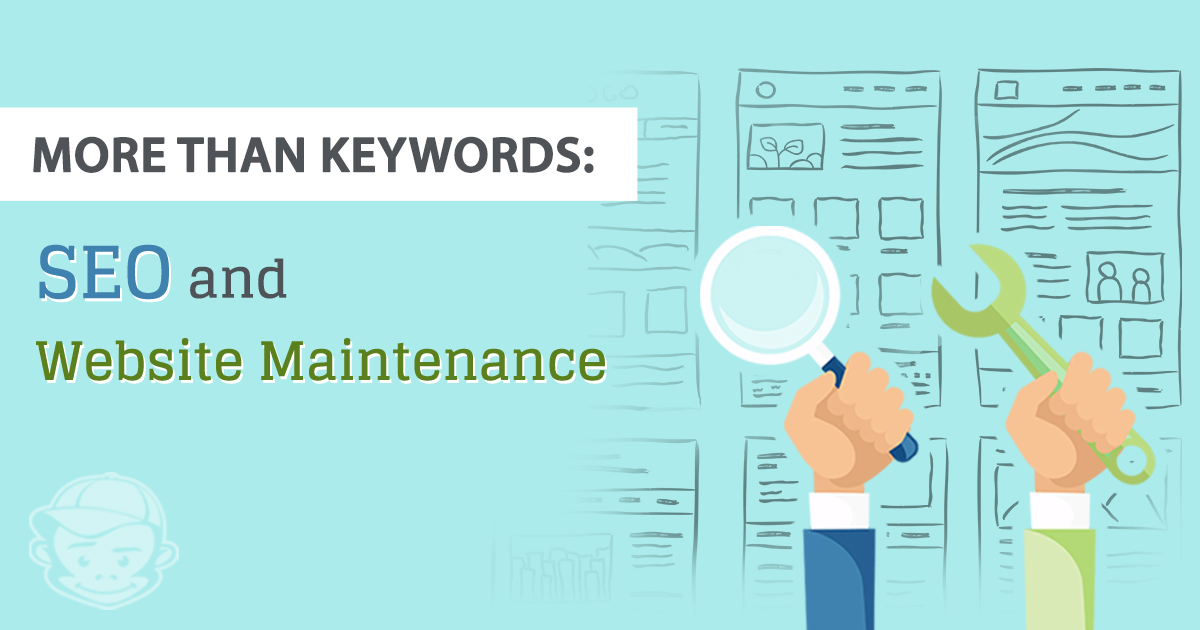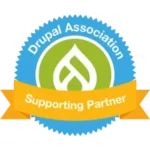Hi!
You’ve heard of SEO right? It’s also called search engine optimization.
It’s that weird thing marketers and techies talk about, and then they wave their magic wands and you’re suddenly ranking at the top or near the top of the Googles. A lot of people also associate SEO with keywords.
Here’s the thing: Although SEO may seem like a whole bunch of technical, wand-waving, mumbo jumbo that involves this strange ingredient called keywords, it’s actually a lot more than that.
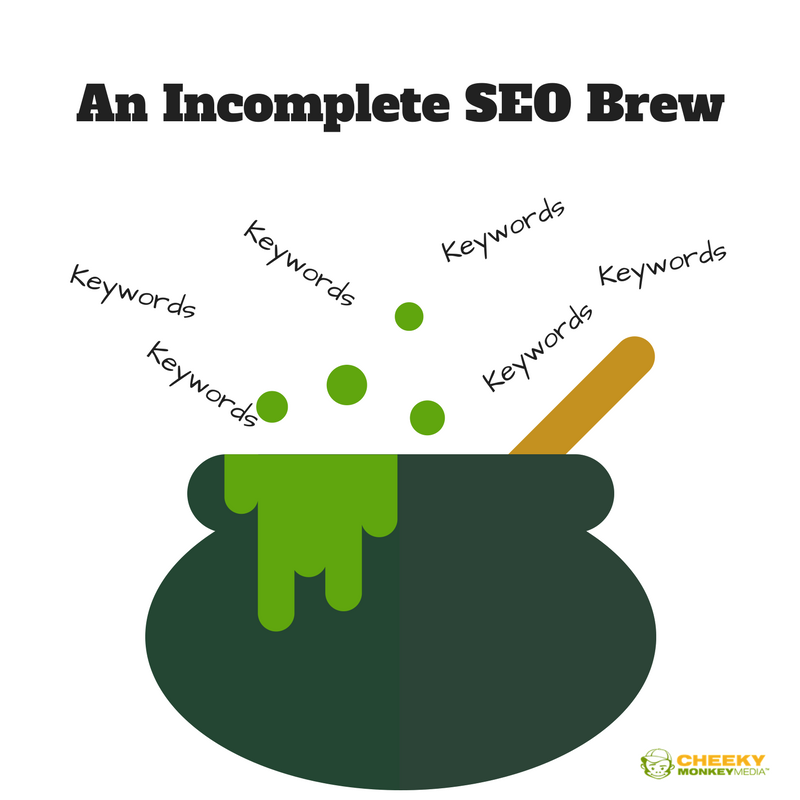
More importantly, SEO is not wishy-washy witchcraft.
Rather, SEO is an integral component of your online strategy, and it transcends everything from the way your website is organized and built, to the language you used in your online communications, to you your outreach initiatives, to the way you present information.

What is SEO?
The crew over at MOZ, a leader in search engine optimization, defines SEO as:
SEO is a marketing discipline focused on growing visibility in organic (non-paid) search engine results. SEO encompasses both the technical and creative elements required to improve rankings, drive traffic, and increase awareness in search engines. There are many aspects to SEO, from the words on your page to the way other sites link to you on the web. Sometimes SEO is simply a matter of making sure your site is structured in a way that search engines understand.
However, it’s important to note, as the team at MOZ does, that
SEO isn’t just about building search-engine friendly websites. It’s about making your site better for people too.
While SEO is generally understood as something we do so that our website shows up in search engine (ie. Google, Bing, Yahoo, etc) results, we really do it so that our target audience can find us.
Let me explain.
Why SEO is Important for User Experience (and you!)
When you’re looking for information on something (a new restaurant to try, a new exercise routine, a cause to get involved in) what do you do?
A. Ask a friend or family member for recommendations
B. Read a book
C. Pick up the phone
D. Go to a physical location
E. Go online
F. A and E
I’m going to bet that most people pick either E (go online) or F (ask a friend or family member and go online).
…
It turns out I’m not too far off the mark. In their 2016 Local Consumer Review Survey, BrightLocal found that “53% of consumers search for local businesses at least one time per month.” That’s up 10% from the previous year.
Of those surveyed, “only 5% said they never searched for local businesses online.”
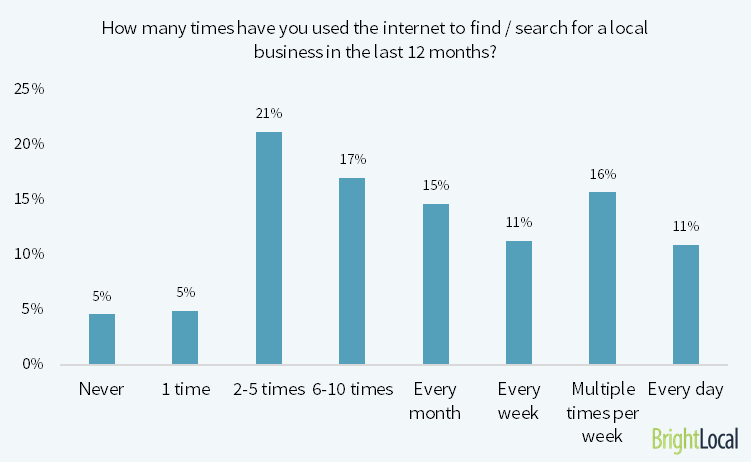
Moreover:
Google now processes over 40,000 search queries every second on average …, which translates to over 3.5 billion searches per day and 1.2 trillion searches per year worldwide (Internet Live Stats).
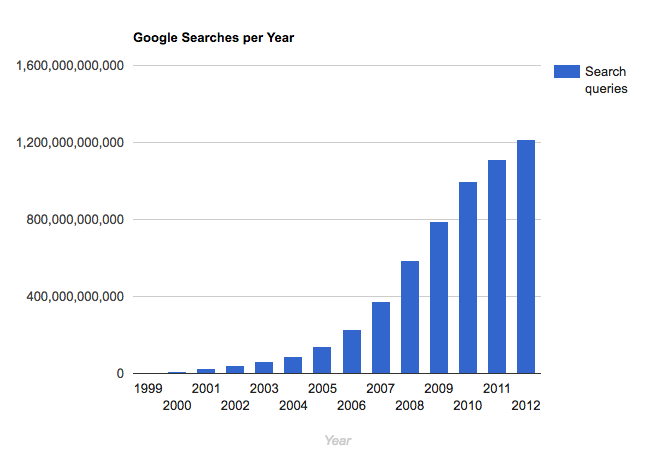
According to worldometers, there have been 3,326,300, I mean 3,329,000, I mean 3,330,000 blogs written today (Sept 9th, 2022 at 9:21 am) alone.

I don’t even want to think about how many social media posts we’re inundated with on an hourly basis, not to mention a daily basis.
Search Engines Help Sort Through the Noise
We depend on search engines to help us find information.
- Yesterday, I (a 26-year-old millennial) was looking for a movie to watch with my boyfriend, what did we do, we googled it.
- My 10-year-old adopted sister spent part of her afternoon learning how to make fancy paper clips from a YouTube clip.
- When my dad (I think he’s 55?) wants to buy a truck? He googles it.
- When I’m looking for an organization that supports a cause I care about, I google it.
- Even my grandma (76, I think) uses the internet to search for recipes.
The point is, that we do a lot of searching, and companies like Google have made billions helping us find information and make decisions.
And, let’s be honest, we like it.
We like that google spits up the relevant information when we search for it. We trust Google. We depend on Google (or our search engine of choice) to shift through the billion websites and billions of blogs and present us with a list of relevant and useful information.
And, since this is a fairly, ok, exceptionally lucrative business, companies like Google spend exorbitant amounts of money putting together disturbingly smart algorithms that crawl all the content that exists online, so that we only see the stuff that’s relevant and useful to our needs. (Google actually has a cool interactive blog that explains how this has evolved over the years)
It comes down to this:
Having a website is no longer enough. If you want to get in front of your audience, you first have to prove to the search engines that your content is worth it.
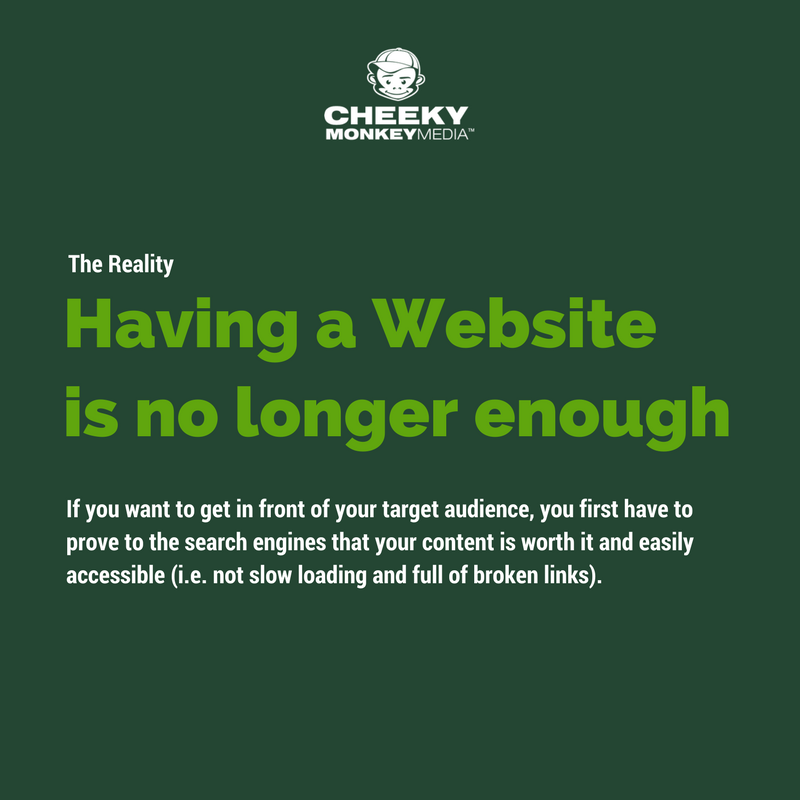
Make sense?
It’s kind of like how you can’t ask for a raise unless you can prove you deserve it.
As a side note, you also have to prove that your website is readable and your user isn’t going to lose their mind waiting for it to load or coming up against a bunch of roadblocks (i.e. broken links). Remember, search engines make more money when you come to them for information, and you’re not going to come to them if they direct you to bad content or content you can’t access. In order for people to find you online, they somehow have to find you amongst the other 1 billion websites, billions of blogs, and gazillion social media posts. They find you because a search engine presents them with your content.
So, when digital marketers talk about cutting through the noise, that’s what they mean by creating content and optimizing it so that it stands out from all the rest of the content and wows the search algorithms so much that they have to share it.
How Optimizing Your Website and Content Helps You Cut Through the Noise
At Cheeky Monkey Media we offer our clients the opportunity to purchase a website maintenance package. The size and cost of the package depend on the client’s needs.
We do this because we believe that websites, like humans, are living entities that require a holistic approach to care.
Your Website Has Physical Needs
Your website’s physical needs are things like core updates for your CMS, security updates, and code fixes. Adding a new landing page or making sure your website’s content tagging system is working properly are also grouped under this category. We talk about this more here: When Your Website Drains Your Budget.
Your Website Has Emotional Needs
Your website’s emotional needs revolve around content. Is your content up-to-date? Is it free of errors? Is there enough? Is it presented in a way that is going to resonate with your audience?
For example, if your target audience thrives on infographics and videos, and you give them pages and pages of written content to consume, that content probably isn’t going to resonate with them, even if the topic is something they’re interested
The design comes in here too. You want your site to feel intuitive to your user and design can help you achieve that. Design trends change with technology, just think about mobile.
Mobile wasn’t an issue a few years ago, now if your site design isn’t mobile-friendly, you’re going to alienate your users and be punished by google. What’s the next trend going to be? Are you ready for it?
Your Website Has Mental Needs
Your website’s mental needs are things like information hierarchy, information architecture, and search engine optimization (SEO). External marketing initiatives like pay-per-click (PPC) advertising, social media, email, and print design are also included in this category.
SEO or search engine optimization encompasses all three of these needs. Moreover, just like taking care of your human needs isn’t a one-and-done deal (you don’t go to the gym once and stay fit for life, or eat broccoli one night and have perfect nutrition till your last breath), taking care of your website’s SEO isn’t a one and done deal.
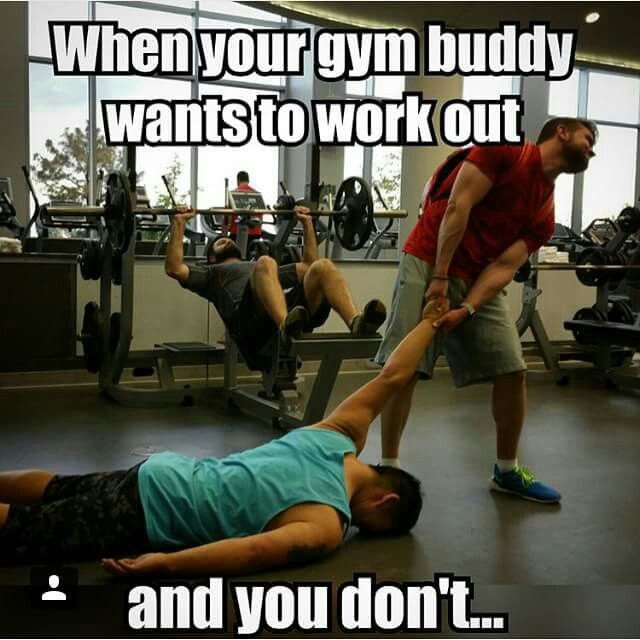
You have to keep optimizing (just like you have to keep going to the gym) and you need to keep tweaking. Sorry.
That said, it doesn’t have to be as painful or exhausting as the image above of the guy dragging his gym buddy across the gym floor. (I strongly suspect the guy being dragged would rather not be at the gym today, but I digress.)
Let’s talk about how you can start thinking about SEO as an ongoing practice, that while not easy, brings you results and peace.
Technical SEO
Earlier, we talked about how Google uses algorithms to decide what content to show users. Before these algorithms can do their creepy smart work, they have to crawl and index everything they can find about you online.
ShoutMeLoud does a really good job of explaining what crawling and indexing mean:
Crawling
In the SEO world, crawling means following your links and “crawling” around your website. When bots come to your website (any page), they follow other linked pages also on your website.
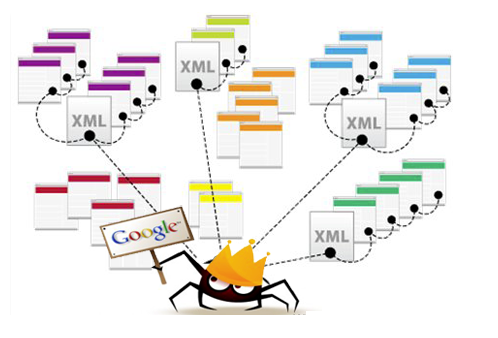
Indexing
In layman’s terms, indexing is the process of adding webpages into Google search. Depending upon which meta tag you used (index or NO-index), Google will crawl and index your pages. A no-index tag means that that page will not be added into the web search’s index.
In other words, when a search engine ‘crawls’ your content an online spider-like bot crawls all over the world wide web and tracks down all the links associated with your website. The search engine then indexes (i.e. stores) that info the search.
As such, if you want to ensure that your SEO strategy is on point and effective, you need to ensure that you start by taking care of the basics: making sure your website is structured in a manner that makes it easy to crawl.
To make things easy, here’s a list of the things you need to pay attention to if you want to make sure you’ve covered your SEO basics:
Page Speed and Technical SEO Basics
- Does the site use JavaScript? (While Google is now able to crawl JS, it’s still not preferable. Specifically, it’s not great for your navigation to be JS only.)
- Is your website unnecessarily secure?
- Is your website mobile friendly? Would it benefit from AMP?
- Do you have breadcrumb issues?
- Does your site have a really long load time?
- Does your site have excessive HTTP requests?
- Is the site note using gzip compressions?
- Do you have too many large images?
- Are your images on a different/subdomain?
- Are you using page caching?
- Are your search parameters causing duplicate content?
- Are you using HREFLANG tags properly?
- Is your robots.txt blocking CSS and Javascript?
- Are you using canonical tags?
- Do you have Schema on your site?
- Do you have duplicate content, perhaps because you use tags AND category pages?
- Do you have pages with missing titles?
- Do you have index bloat?
- Are your 404 (page not found) pages configured properly?
- Does your site contain blocked URLs?
- Does your site have 500 errors from temporarily taking the site down?
- Does the server deny search engines access to URLs?
- Does the site use nofollow tags efficiently?
- Does the site contain cloaked URLs?
- Is Googlebot crawling non-existent pages in pagination series?
- Do you have an XML sitemap? (You should.)
- Are there errors in your XML sitemap?
- Are there non-canonical URLs in the sitemap?
- Is the sitemap too large?
- Are there blocked pages in the sitemap?
- Have you submitted your XML sitemap to Google and Bing?
- Are you missing robots txt.?
- Do you have pages missing from your robots txt.?
- Do you have pages blocked in your robots txt. that shouldn’t be?
- Do you have an image site map?
- Do your images have relevant ALT tags?
The list goes on and on, but I think you get the idea.
Basically, you want to frequently crawl and review your website to make sure that the basic setup of your website makes it as easy as possible for search engine bots to do their jobs.
Think of it like sliding down a banister. When you slide down, you want the slide to be smooth and frictionless. You’re not going to be impressed if you get a sliver in your butt, because the railing hasn’t been sanded and refurbished in months. If you get a sliver, you might be tempted to do a bit of swearing. The search engine bot will be equally displeased if their experience crawling your site is full of painful silvers.

Content Organization and Information Architecture
How you organize your website content is one of the most significant things you can do for a website. Taking the time to think through and plan out how you outline your website’s information architecture helps you ensure that your website doesn’t get all disorganized (Frankenstein-like) and makes your user feel like you anticipate their next step before they do.
But that’s not all …
In “How to Create a Site Structure that will Enhance SEO,” Neil Patel explains that “site structure … [is] one of the most crucial aspects of a site’s SEO performance.” To make his point, he gives three reasons why structure matters:
A good website structure makes your website feel intuitive.
The human mind craves cognitive equilibrium — being able to put pieces logically together, finding things where they’re expected, and locating what they are seeking. Thus, a strong and logical site structure is cognitively satisfying to users.
A good website structure makes it easy to do internal linking.
A good site structure provides your site with sitelinks.
A good website structure makes it easier for search engine bots to find what they’re looking for.
Web crawlers like Googlebot crawl a website’s structure. Their goal is to index the content in order to return it in search results. The better your site structure, the easier the crawlers can access and index the content.
In terms of what you should be looking for in this area, you’d want to look at the list above and the following:
- Is your content organized from broad to narrow?
- Are your sub-pages unique, based on user intent?
- Are you linking between like content?
- Do you have pages with titles that are too long or too short?
- Are your URLs too long?
I could keep going, but I think you get the idea.
Keywords
Ahh keywords. This is what most people think about when they hear the word SEO.
However, we must be careful that we don’t make the mistake of thinking that all we need to do to rank for keywords is sprinkle a keyword there, dash it in here, and make sure to include it in our title and header tags.
In fact, as Rand Fishkin explains in a recent Whiteboard Friday, using keywords in titles and headers is no longer the end all be all of Keyword optimization.
Now, while you should totally watch (or read) Fishkin’s video/blog, my favorite approach to keywords is one I came across just a couple weeks ago. In “Keywords: Your Love Affair with the Language Your Audience Uses,” the writers at copyblogger postulate (yes, I got to use a big word!) that
In the end, keyword research has nothing to do with SEO. It goes way deeper than that …

WHHAAAT?
Yes, we use keywords. Yes, search engines use keywords. And, yes, most of us want to rank in search results for certain keywords.
Search Engines and Keywords
But let’s go back to why search engines behave the way that they do … no, it’s not because they want to ensure marketers and SEO experts stay employed (actually it might be, but no is not the time).
Search engines behave the way they do so that they can present users with the most relevant and useful content they can.
After all, people go to search engines because they are looking for information.
People fire up a search engine because they have unanswered questions. If you’re smart and knowledgeable about your topic, you can help with that. ~ Sonia Simone
In other words, when we think about keywords, we don’t really need to think about SEO. Rather, we need to think about writing our content using the language our target audience uses.
Keyword Clusters not Lonestars
So, the best way to use keywords on your site is to create what Dr. Pete at Moz calls building keyword concepts. Basically, the idea is, is that as search algorithms get better and better at being creepishly smart, they start to make connections the same way our brains do.
So, you want to create your content the same way you would if you were speaking. You want to group like content (related keywords) together and group unlike content separately.
Don’t Jump From Keyword to Keyword
Similarly, just as you would want to focus on one topic if you were trying to make a case for something (going out for dinner instead of pasta) you’d want to focus your conversation on your dinner plans (keyword one), not another activity that you do (i.e cleaning the house). If you talked about dinner plans and cleaning the house in the same conversation cluster, the person you’re talking to might get confused. Wait, weren’t we just talking about dinner? Why are we talking about laundry all of a sudden?
Just in case it wasn’t clear, when you’re working with keywords you want to use just one group of keywords per page (i.e. everything to do with SEO if you’re trying to rank for SEO as a general term, on one page and everything about Facebook automation on another page).
Optimizing Keywords
As you can imagine, optimizing for keywords is no easy walk in the park. Nor is it a guarantee that you’ll show up in the search results for that term. Remember, search engines look at a lot of different signals when they’re deciding what content to show the searcher, including that searcher’s past preferences.
Nevertheless, it is good practice to periodically review your content to ensure you’ve used keywords effectively and not overstuffed your content either.
To help with this, I like to use the following FREE keyword tools*:
*Thanks Steph Woods for sharing these tools with me.
In addition to Google’s automated suggestions when you type a keyword, these tools help me create content clusters of different keywords for the topics I’m trying to rank for. They also help me determine if I’ve accidentally gone overboard with my use of keywords. If you have others you’d like to share, add them in the comments below.
Local SEO
If you thought we were done with SEO, you’d be wrong. I’m telling you, SEO is WAY, WAY, WAY more than keywords. Seriously, SEO is like this deep black hole of optimization goodness.
Local SEO, as Search Engine Land columnist Mathew Barby puts it, “is a lot different from your average SEO campaign, and the local search results are changing more rapidly than any other.”
Despite the rapid pace of change in local SEO, there are three components that continue to be ridiculously important:
1. NAP a.k.a Name, Address, Phone: If you want to have a chance of showing up in local search results, you need to make sure your name, address, and phone number are properly displayed and consistent.
2. Google My Business Profile: If you want to play in local search, you need to claim your Google My Business Profile and optimize it.
3. Citations! Get your business listed in relevant directories. Make sure these listings are correct, completely filled out, and that there are no duplicates.
If you’re just starting to think about local search optimization, Casey Meraz’s blog on “How to Perform the Ultimate Local SEO Audit” is a good place to start.
Link Building
Ahh link building.
External links to your website (when they’re the right ones) can help give your website credibility (i.e. tell the search engines that your website is a trusted resource).
When you create exceptional content, this will happen organically. You can also, however, do link-building campaigns. That said, there is a right way and a wrong way to this.
Remember, search engine algorithms are disturbingly smart so they know when individuals and organizations engage in Black Hat (BAD, unethical, problematic) link-building exercises like buying links.
Given the potential messiness of this topic, I’m not going to go into it in depth here. If you think your website needs more links and/or are thinking about doing a link-building campaign, make sure you contact a trusted SEO partner that practices only White Hat link-building techniques and do your research.
Black Hat vs. White Hat SEO
Um, Spela, you’ve mentioned this whole White Hat / Black Hat SEO thing a couple of times. What are you talking about? Basically, White Hat SEO tactics follow search engine rules, and Black Hat SEO tactics do not (Positionly.com).
While Black Hat tactics may get you somewhere in the short term (think a day or two), you’re more likely to suffer some serious repercussions (think your website not showing up in the search results at all).
In other words,
- White Hat SEO = Good
- Black Hat SEO = Bad
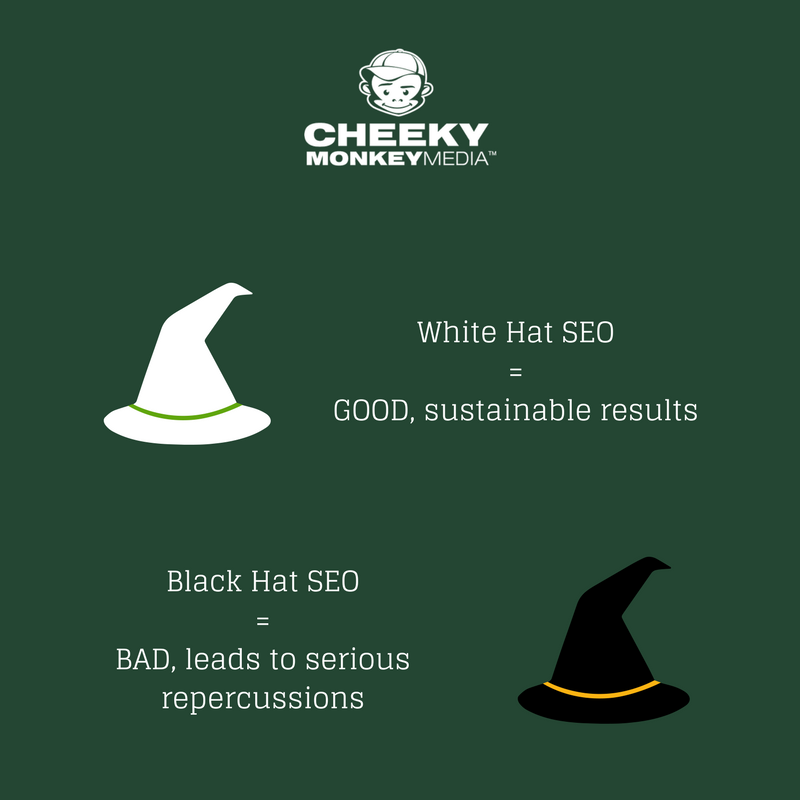
Final Thoughts
Search Engine Optimization is one of the most fascinating disciplines in the online sphere. As you can see, it transcends every aspect of your digital strategy, from the technical aspects of your websites to the way you organize information, to your creative content.
By taking the time to optimize your online properties and content for search engines, or hiring a White Hat agency to do it for you, you are giving your organization the chance to break free from the noise and attract the attention of more than 3.5 billion daily searches that occur on Google alone.
Your target audience is looking for you. Be there so that they can find you.
We can help. Email us at [email protected].

